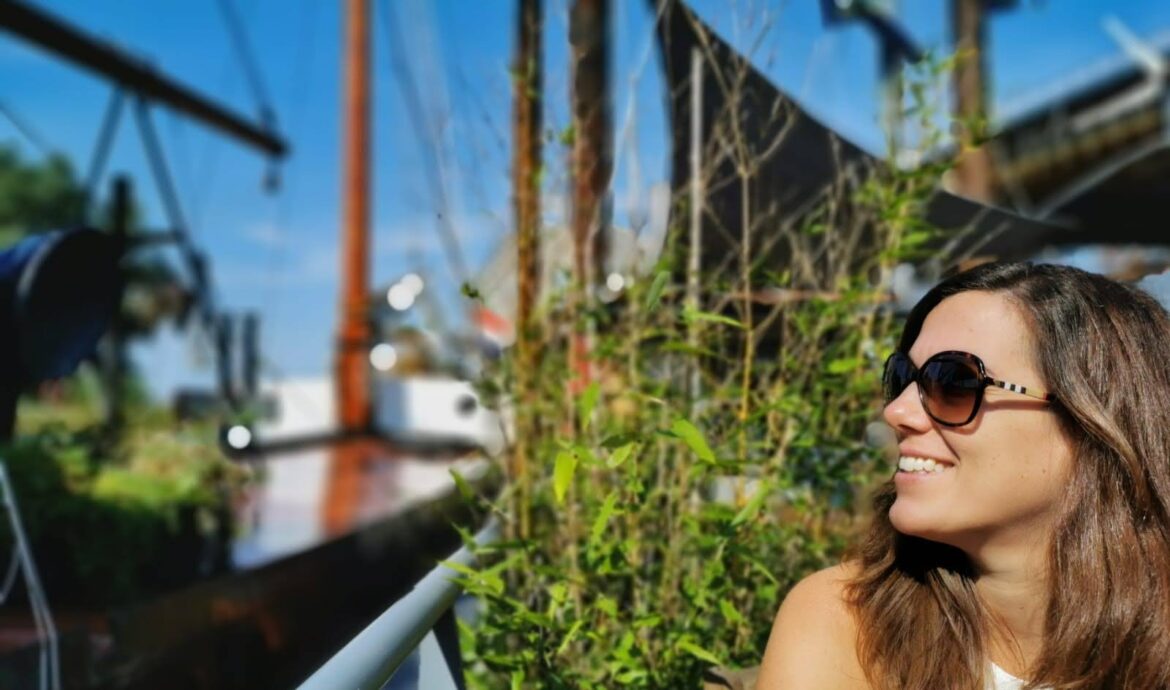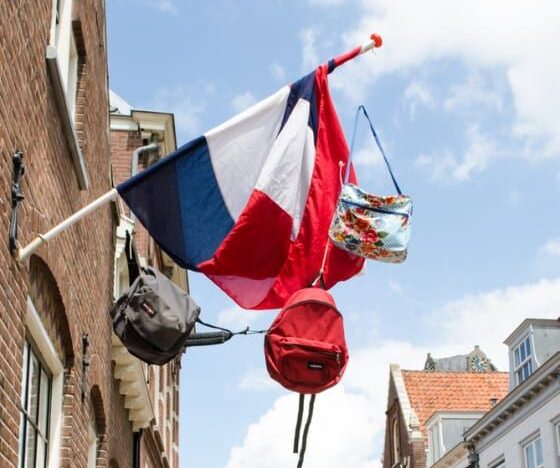This article is also available in: Italiano
Ciao Going Expat People!
Very important topic today, often not taken in consideration when planning to move abroad. Although, speaking of expatriation we often hear the definition of culture shock, less often we hear about what exactly it is and how it can be managed.
In addition to the correct definitions of the phenomenon, with this article I would also like to share thoughts that have to do with everyday life and with my direct experience.
If you follow me on Instagram, you may have noticed that I recently did some examples of cultural shock. What I noticed most of all is how everyone feels immediately the need to make comparison wuth what is more common to us. Which is not surprising, but this reasoning lies at the very basis of the phenomenon itself and makes the phase of adaptation (we will see in a moment) increasingly distant and difficult.
The phases of cultural shock:
First things first, I must explain what cultural shock is: it is a combination of feelings, of sensations. They are due to the differences we face and can be of various kinds: food, cultural, working, distance from family, difficulty to find friends and so on…
Step 1 – Honeymoon
The first phase you go through is that of perfection, where everything seems perfect, better, compelling. You feel completely dragged into a vortex of beauty that however makes us stay a little down to earth and ignore the warning signs that then, will manifest themselves later.
Stage 2- Negotiation
During this phase, which comes about 3 months after expatriation, all the differences that had fascinated us initially, during the honeymoon, easily create a state of anxiety and inadequacy. In some cases the shock can be really strong, to the point of causing insomnia, infections, eating problems.
Step 3 and 4 – Adjustment and adaptation
Normally these 2 phases are separate but they give me more the idea of having to go hand in hand. In fact, the adjustment phase involves the ability to adapt. Then develop a problem solving attitude, and learn how to make what you have learned normal. The 2 phases are nothing more than the resolution of the state of anxiety, the awareness of being able to do things and how.
However, the transition from phase 2 to 3 and 4 is not always so simple and there are also those who remain in this limbo for a long time without knowing how to get out.
How to manage culture shock?
We must assume that it will happen to be a victim. Not necessarily in the times explained by the books and with the same consequences, but no one is exempt. A very simple example for me, coming from Sicily and living in Northern Europe, is related to the schedules. Although the years have passed, I still have difficulty in managing things according to the opening hours of the shops (in principle 9-17) which makes me easily nervous because it forces me to do almost everything on the weekend.
My top 3 shock management tips are perhaps basic but definitely effective:
- Get ready. Get informed about bureaucratic issues before moving. Start sending resumes even if they don’t call you, create a network through social media, and if you can’t do everything yourself, get help from a consultant. If you have the opportunity, go to the discovery site.
- Communication . Communication is always the winning method, talk about it, do not close yourself in yourself and for this reason it is important to create a group of friends that is mixed. Expats from different countries, not only your own, but also locals who will help you along the way, so that they can explain their culture and ways of doing things. (I would like to dedicate more space to this topic later)
- Language. Learning the language of the place you are, seems like an obvious comment, but in reality it makes you feel less alone. From experience I can say that you feel more at home if you understand what happens around you in the most disparate situations. Imagine being on a public transport and suddenly it stops. The controller says something and everyone rushes out and moves in search of the alternative. But you have not understood anything and in that chaos you must ask someone to translate the info in the most congenial language. It happened to me late at night by train, since then I decided that the Dutchman would no longer be an obstacle for me!
These are just some of the advices that I can give you, and of course, based on your need, your personal situation and where are you from, the cultural shock could be others and definitely different than your friends or your colleagues.
Are you struggling with getting over some habits? Let’s have a chat, text me and I’m sure we can find the right way to get better.
Looking forward to hear from you
Rossella







Comments
Mickey Kimmel
To the goingexpat.info administrator, Great job!
Rossella
So happy to read this comment! Thank you